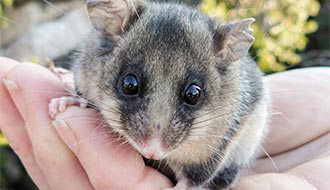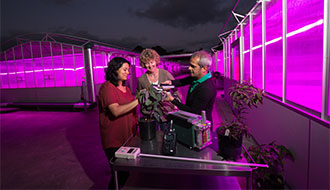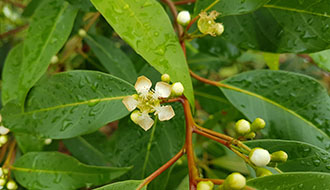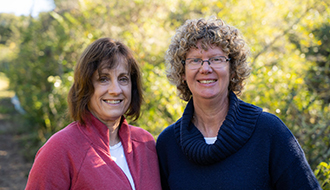The Biodiversity Node
The Biodiversity Node
The Biodiversity Node was established to facilitate and coordinate research needed to inform NSW decision makers and practitioners working to build resilience in species and ecosystems in an era of rapid climate change.
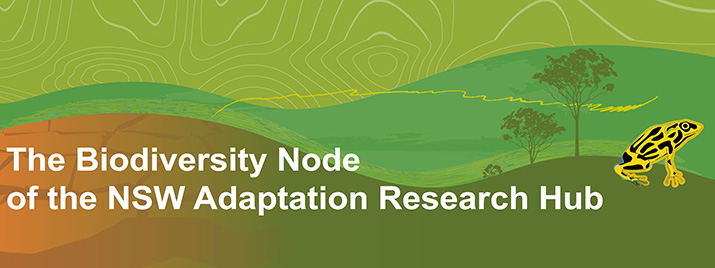
Globally, biodiversity is facing a threat equivalent to those of abrupt geological events that triggered the great waves of extinction in the past. A rapidly changing climate and other environmental pressures present enormous challenges for land managers and policy-makers to manage the adaptation of natural systems and minimise species extinctions.
The NSW Adaptation Research Hub was established by the NSW government in 2013 to support the research needed to underpin policy on climate change adaptation. There are four nodes of the NSW Adaptation Research Hub:
- Biodiversity Node, led by Macquarie University
- Adaptive Communities Node, led by the Institute for Sustainable Futures at UTS
- Coastal Processes and Responses Node, led by the Sydney Institute of Marine Science (SIMS)
- Human Health and Social Impacts Node, led by the University of Sydney
The goal of the Biodiversity Node was to maximise the resilience of species and ecosystems to climate variability and change by underpinning effective management and decision-making. To achieve these goals, the Biodiversity Node employed a collaborative approach between researchers and all levels of state government managers.
The Biodiversity Node served as a hub for interactions between climate researchers, governmental decision–makers, scientists and operational staff, thereby bridging the gap between climate adaptation research, policy and operations. The Biodiversity Node was awarded a total of $3 million in funds during its operation, 2013 – 2018, including significant investment from our partner institutions. The funding supported 19 research projects, in collaboration with over 60 researchers from 16 different institutions across Australia.
Our focus
Our projects are all co-developed by academic researchers and government scientists to ensure the outputs are policy-relevant and provide an effective basis for conservation planning under climate change.
Collectively, our projects delivered:
- Research and synthesis of climate impacts and adaptation responses of species and ecosystems;
- Interactive tools to assess climate risk and support NSW land managers and policy-makers to reduce the vulnerability of species and ecosystems to climate change;
- Engagement opportunities across disciplines to promote the exchange of ideas (workshops, seminars);
- Scientific and technical training to build capacity in the planning sector (masterclasses); and
- Ongoing researcher–end user partnerships across all projects featuring co-design, effective communication, and implementation.

